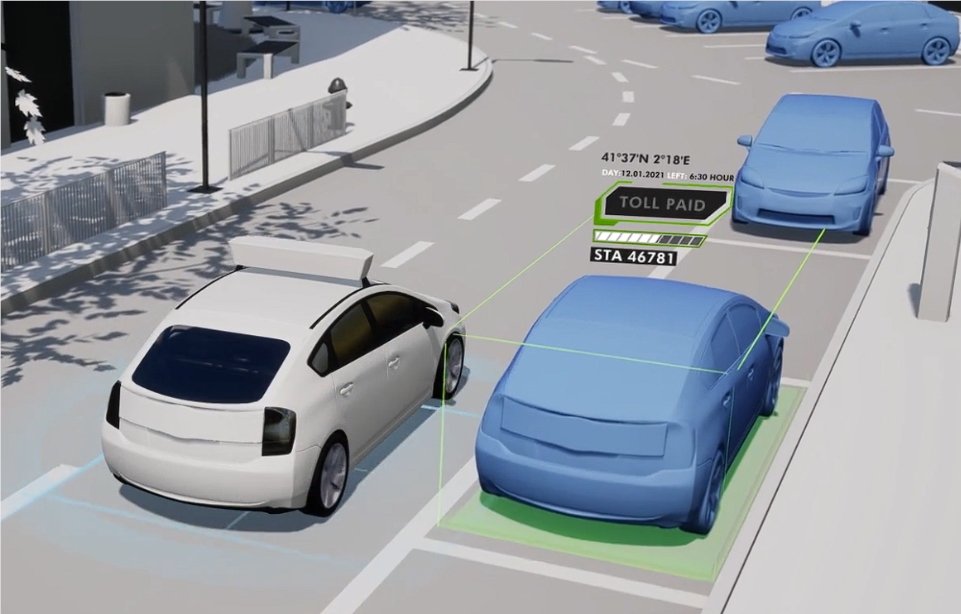Heidelberg Deploys AI 'Cityscanner' to Revolutionize Parking Enforcement
Heidelberg Introduces AI-Powered Parking Enforcement System
In response to growing urban traffic congestion caused by illegal parking, the city of Heidelberg, Germany, has deployed an advanced artificial intelligence system dubbed "Cityscanner"—a move that signals a transformative shift in municipal parking enforcement.
How the Cityscanner Works
The system, developed by DCX Innovationis, integrates multiple cutting-edge technologies:
- High-definition cameras capture images at 25 frames per second, employing AI algorithms for license plate recognition (LPR) with 99.7% accuracy.
- Lidar sensors pinpoint vehicle positions within 0.5 meters, detecting encroachments into bike lanes, fire lanes, or other restricted zones.
- Millimeter-wave radar monitors vehicle dynamics in real time, distinguishing between temporary stops and prolonged parking.

Seamless Integration with Municipal Systems
The Cityscanner connects directly to Heidelberg’s parking database to verify:
- Resident parking permits
- Time-limited vouchers
- Special access rights (e.g., disabled parking)
The system also syncs with popular digital parking apps like Easypark and Parkster, automatically validating electronic tickets—eliminating gaps in enforcement.
Efficiency and Economic Impact
The Cityscanner boasts remarkable operational advantages:
- Scans 1,500 vehicles per hour, seven times faster than manual patrols.
- Covers a week’s worth of traditional enforcement in a single day.
- Its high-visibility design (bright yellow body and warning lights) has reduced illegal parking by 23% in pilot areas.
The city anticipates annual fine revenues of €1.2 million, projecting a full return on investment within 3–5 years.
Key Points:
🚗 Scalability: Processes 1,500 violations hourly—far outpacing human patrols.
🔍 Real-Time Verification: Cross-references permits and digital tickets instantly.
💰 Revenue Potential: Expected to generate €1.2 million yearly from fines.




